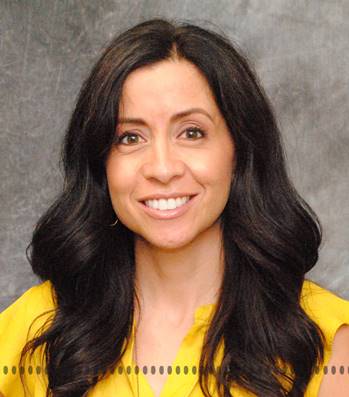Occasionally as medical students, we experience the loss of our patients. Less often though, we have patients who have chosen to be organ donors. I had the opportunity to learn more about the Donor Network of Arizona from Keely Hansen, who works for the organization. She provides valuable insight about organ donation not only for medical students, but for anyone who is part of the patient care team. For more information about the Donor Network of Arizona visit www.dnaz.org.
Can you tell me a little about the Donor Network of Arizona and your role with the organization?
Donor Network of Arizona (DNA) is the state’s federally designated, nonprofit organ procurement organization that coordinates organ, eye and tissue donation for transplantation. I am a Donation Program Coordinator assigned to Banner University Medical Center – Phoenix (BUMCP). I work with our healthcare partners (medical and administrative) to support the donation program and help facilitate organ, eye and tissue donation.
What is a common misconception about the Donor Network of Arizona?
The one misconception that comes to mind is the perception that DNA is there to “get the patient’s organs.” Though we know that donation often helps grieving families in their healing process, our goal when talking to families is to help them make their best decision in their worst moment. The family’s decision should be consistent with their values and beliefs, and our hope is that they make the same decision as they would have sitting around their table 3 months earlier before they found themselves in this state of loss.
How can medical students and other health professional students be involved with the Donor Network of Arizona?
As physicians, donations will likely touch all of your lives, either in your training or careers. Please advocate for formalized education in your schooling and/or residency. Also, when rounding in the ICUs, seek out donor staff and ask questions about donation and the process.
What would you like future physicians to know about the Donor Network of Arizona?
The timing of the donation conversation with a family is critical to the process. Early and unplanned mentions of donation, before families have a full understanding of their loved one’s demise, can be perceived as insensitive and may lead to distrust of the healthcare team. Therefore, the donation conversation should be made in collaboration with DNA, and occur following either determination of brain death or after the family has made the decision to withdraw care.
What is your best memory of working in your position?
I worked with a hospital that had a patient whose family wasn’t in agreement with their loved one’s registry status and didn’t want DNA to move forward with donation. The hospital and DNA worked collaboratively to honor the patient’s decision to become an organ donor, while also supporting the family. The patient went on to save the lives of 5 grateful recipients who had been waiting for a life-saving organ. A couple of days later a nurse told me that the family had returned to the hospital and apologized and told them how thankful they were that their family member was able to be an organ donor. It’s in moments like this that I’m reminded that though the work we do can be challenging, it is also rewarding.
Is there anything else you would like to add?
Nationally, only 2% of patients who pass away are able to become organ donors. 21 people die every day in this country waiting for a lifesaving organ, so the collaboration between DNA and physicians is key to planning a successful conversation about end of life and later donation.
Madalyn Nelson is part of the 2020 class at The University of Arizona College of Medicine – Phoenix. She is an Arizona native and graduated from Xavier University where she earned her bachelor’s degree in biology. Madalyn has a passion for traveling and global health. To contact Madalyn, please email her at madalyndnelson[at]email.arizona.edu.

